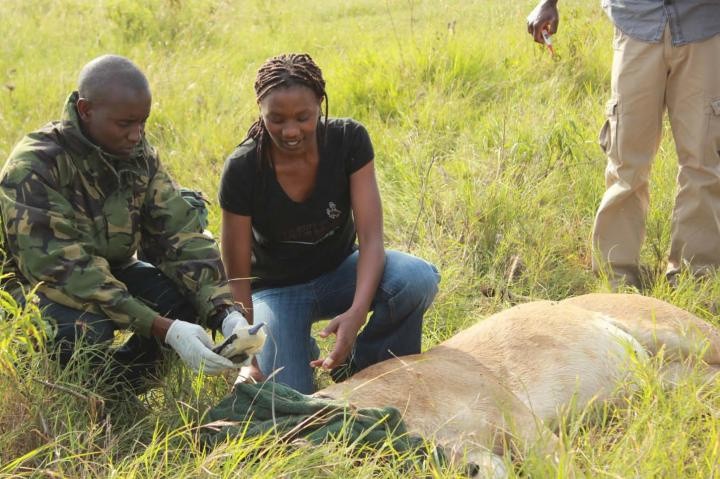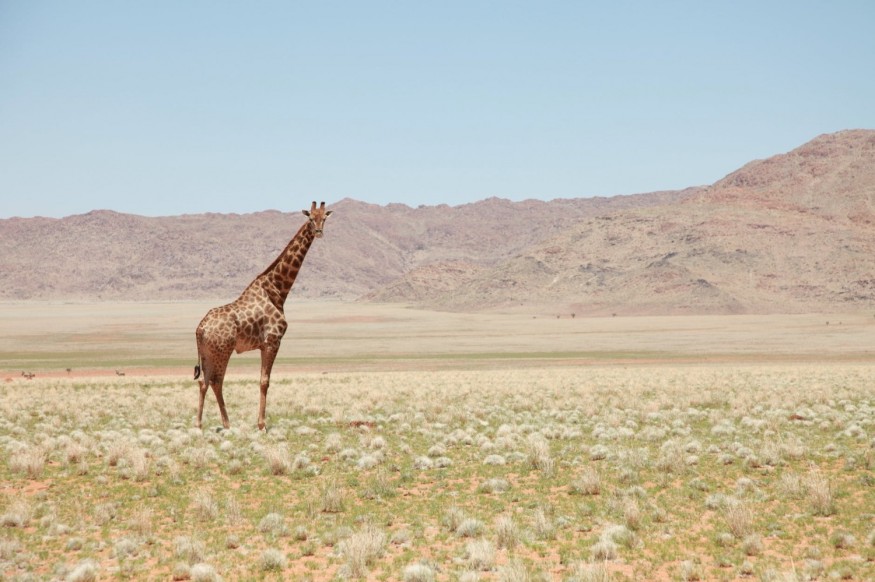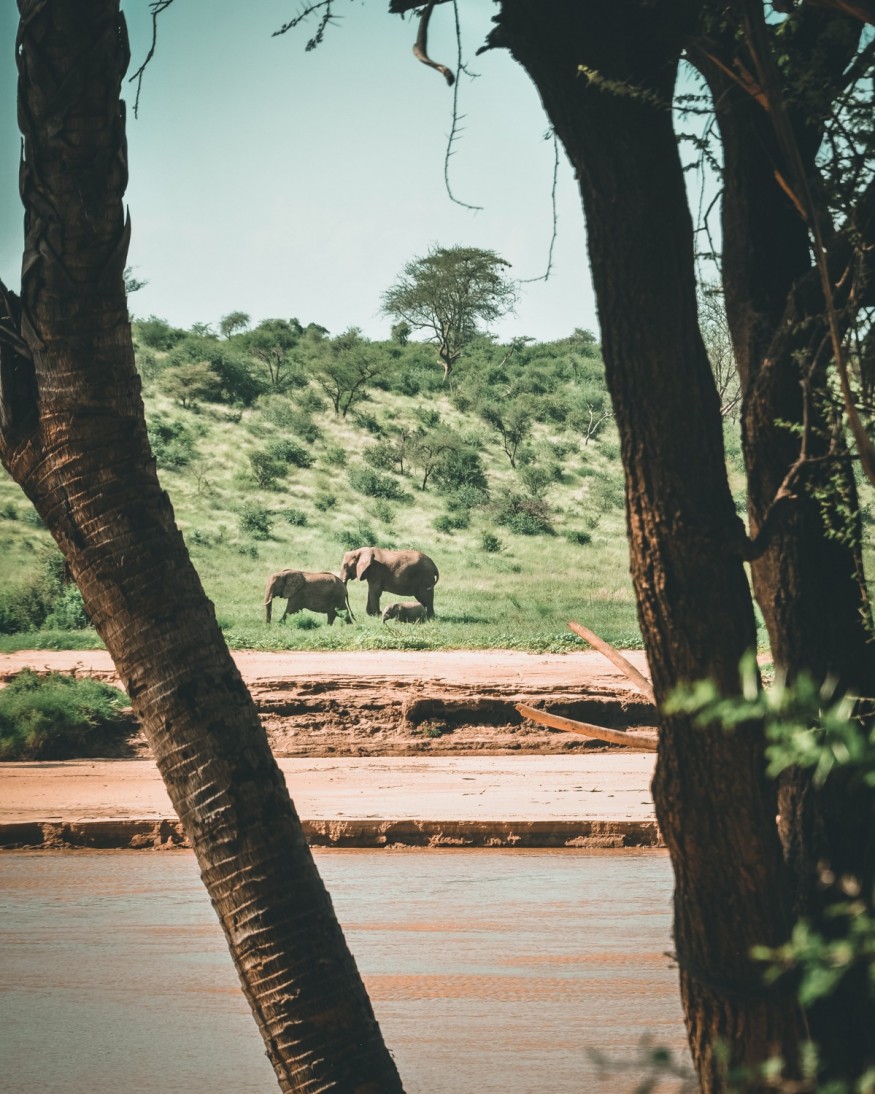In the face of all the negative news in 2020, there was one silver lining. Kenya confirmed that no rhinos were poached in 2020. This is the first time in more than two decades.

Furthermore, Kenya saw new lows in the number of elephants poached in 2020, with just 11 elephants killed, the lowest figure in the Kenya Wildlife Service's (KWS) history and a dramatic drop from 350 a year just five years ago.
Despite the Pandemic

The authorities' ability to keep poaching down despite reduced footfall during the Covid-19 pandemic is "not just chance, it's due to a lot of diligent work and commitment," according to the KWS chief. Indeed, in recent years, Kenyan officials have taken a range of crucial measures for improved anti-poaching strategies, deploying a variety of creative resources to tackle the abhorrent practice-including high-tech protected radios from the French firm Ellipse Projects to the smartphone app CyberTracker, which has streamlined patrols, to neighborhood involvement and ensuring that poachers face severe repercussions.
Related Article: Despite Low Seizure Amount, Illegal Wildlife Trade May Boom Because of Covid-19
Ellipse Project
In 2013, the Kenya Wildlife Service conducted an international tender to update the KWS's aging radio infrastructure, which was won by French engineering firm Ellipse Projects.
The investment in Ellipse Project's cutting-edge protected radios, which was funded by a concessionary loan from the French government, was a bid to outwit increasingly tech-savvy poachers who might eavesdrop on the analog instruments that the KWS had used for years.
Ellipse Projects' environmentally sustainable framework is based on solar-powered radio infrastructures that communicate with 800 handheld and mobile terminals. Matthias Fekl, the French trade and tourism minister at the time, forecast that the new radio system will help "not only to protect the wildlife but also to boost the protection of wardens and visitors," a prediction that has come true.
Ellipse Projects completed the infrastructure in 2017, just as poaching cases among Kenya's cherished wildlife, such as elephants, giraffes, zebras, fawns, antelopes, and buffaloes, started to decline.
CyberTracker
Another technical tool that has helped Kenyan anti-poaching forces' monitoring efforts is CyberTracker, a smartphone app, and free GPS field data collection system. The spatial tracking and reporting tool has made patrols much easier, particularly as Kenyan rangers charged with monitoring and safeguarding protected land often have to cover large swaths of land on foot and sometimes at night. In their labor-intensive patrols, the sixteen cooperative rangers who protect the 46,000-acre LUMO Community Wildlife Conservancy in Southwest Kenya, for example, often cover up to 40 kilometers a day.
Community Involvement

Though these technical solutions have proved to be handy tools for Kenyan rangers, more traditional advances have also added to Kenya's anti-poaching efforts. For one thing, citizen involvement has proved to be crucial in educating people about Kenya's amazing biodiversity.
Kenyan conservationists have increasingly leaned on educational programs emphasizing that while poaching might offer quick cash, the practice not only threatens critical wildlife populations but also impacts the livelihoods of the millions of Kenyans who rely on the tourist industry. By working with communities in close contact with wildlife, rangers can stem potential poachers in the bud and incite people to report poaching instances.
Results

The progress made since then is impressive, and the fact that Kenya did not lose a single rhino to poaching in 2020 is particularly notable, considering worries that the elimination of the tourism industry in the aftermath of the coronavirus pandemic will both raise the danger of poaching by eliminating people's livelihoods and leaving even fewer observers to sound the alarm. Indeed, Kenya's anti-poaching policy has been so effective in recent years that KWS Director General Brigadier John Waweru insists that "getting Kenya's poaching level to zero is not a pipe dream."
ALSO READ: Exotic Pets are Dying In Transit and Authorities Are Failing to Do Something About it
For the most recent updates from the animal kingdom, don't forget to follow Nature World News!
© 2026 NatureWorldNews.com All rights reserved. Do not reproduce without permission.





